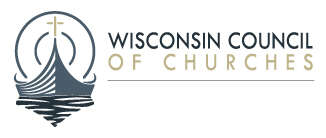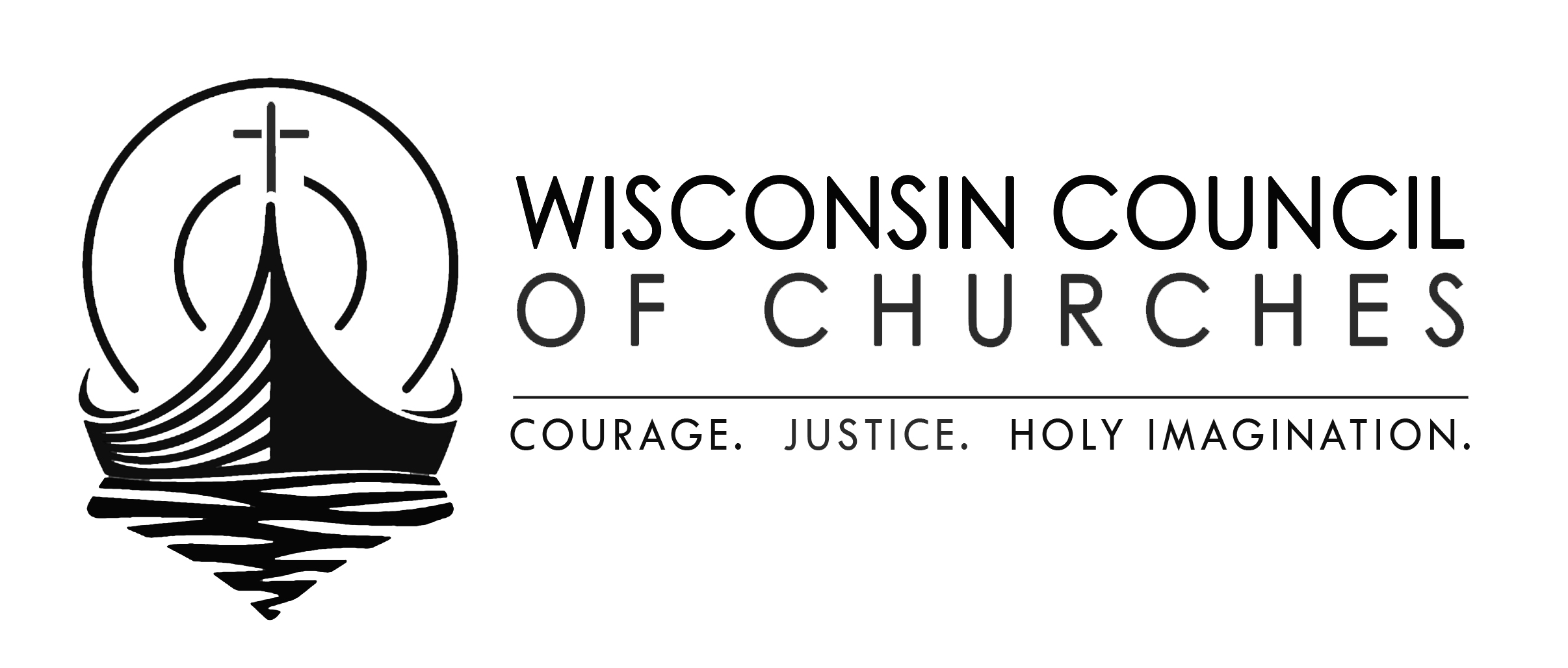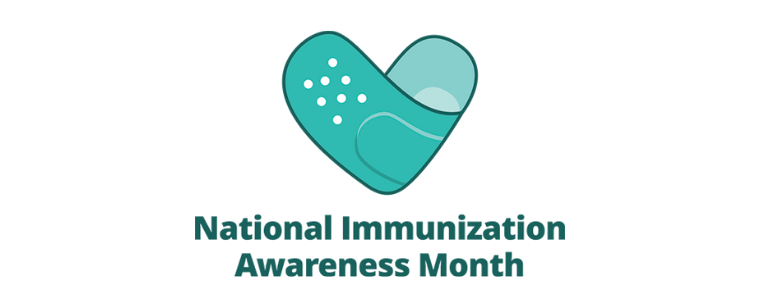Trust and positivity
We’ve tried being negative creeps. It isn’t working.
The scholar of democracy and civic life Rachel Kleinfeld suggests that “trust is a society’s immune system, and it enables communities to unite against threats and come together to solve problems.”
This quote comes to mind for what are probably obvious reasons. The health of our civil society is intimately connected to our physical health. Trust in American society has been sliding since the 1990’s. It’s only gotten worse in recent years. The erosion of trust left us unprepared for the COVID pandemic—and the pandemic in turn undermined trust even further.
I was speaking with a public health officer recently who told me in unusually direct terms that COVID has created many scapegoats, health workers in particular. She was also troubled by recent anti-vaccine sentiment. It’s not just that the opposition is ideological, she said. It’s that it seems like the people driving it only want to be “anti,” against anything they see as not aligning with their political position.
When I asked her how churches could be helpful, given that reality, she didn’t hesitate. “Faith communities are places that still have trust and a sense of community,” she told me. “We need to strengthen relationships to get evidence-based information” into communities, and to get people to act on it.
Many of those responses mention the need to counter disinformation. They also express a desire to overcome partisanship, politics and social division.2 The health officer was right, in other words. Faith communities do still have trust and a sense of community.
What’s more, they want to have those things, even as the world seems to be falling apart around them.
At least, that’s the impression I’ve come away with over the past few weeks. If we are going to be prepared for the next pandemic, most people seem to think, we will have to restore trust and connection between public health entities and the communities they serve. That includes churches, synagogues, temples, and other faith communities.
I was going to say that there are no easy answers to the question of how that can be done. But in fact, there is a pretty straightforward answer. That would be the long, slow, determined effort to build and maintain relationships. It’s simple, but it ain’t easy, in other words.
Let’s start with two prongs of the approach.
Trust
Faith communities can and should be communities of trust, where expectations are met and people are assumed to act in one another’s best interests. Simply modeling trust can change expectations in the wider community.
-
Hold public institutions accountable. Let local governments, healthcare systems, insurers and others know that your community expects them to be effective, transparent, accountable and able to deliver meaningful benefits.
-
Develop leaders for the wider community. Too often, churches worry about who they can get to serve on the council. Spare some energy for nourishing civic leaders, blessing and affirming their gifts for community.
-
Encourage community members to participate in local governance. Awareness is good. Active participation in oversight, advocacy and advisory work is even better. Understanding and connecting to institutions builds trust in them.
-
Be inclusive. In another recent conversation, HIV-prevention workers told me that their clients tend to shy away from services provided in (not even by) churches for fear of rejection or having religion imposed upon them. Stigma kills, quite literally. Let the entire community know that they are welcome through your doors. It’s an important part of building trust throughout society.
-
Be committed. None of this work is short-term. It has to be an ongoing effort renewed and refined often. Religious leaders know that it can take years to increase trust levels in a faith community. How much longer does that take on a social level?
And of course, one of the simplest and best ways to build trust is to make contact. Invite public health leaders to speak at education events or worship. Respond when they solicit community advice.3 Offer to meet them one-on-one as appropriate.
Positivity
As my public health contact said, and as we all know, there are an awful lot of people driven by being “anti” these days. Negative partisanship—building politics around opposition to those one dislikes—rules the scene.
You can’t change other people’s behavior, of course, only your own. That means first of all finding reasons to be for, not just against, in your commitments.
It also might mean modeling that behavior for the community. Find ways to articulate positive change and get behind it. Encourage one another to be savvy political consumers who demand “good reasons” for positions that go beyond fear and antagonism of opponents. And highlight early and often the ways your expectations of trust have been met.
But speaking of positive change, there is no necessary reason for trust to be low and conflict to be high in our society. It is not inevitable. Nor is it necessary for political dysfunction to harm the health of millions of Americans. We can have a different, healthier world if we want it, one with a much strong social immune system. And if I understand what you have been saying, want it we do.
1I’m hoping we’ll get closer to 200 by the time we’re done. If you haven’t taken the survey yet, you know what to do.
2These are all the terms used by respondents, not my words. Interestingly, they’re used even by vaccine and pandemic-response skeptics.
3Local health departments and nonprofit healthcare systems are periodically required to complete a Community Health Assessment, which includes input from the community, and use it to develop a Community Health Improvement Plan. It’s a great opportunity to participate!




